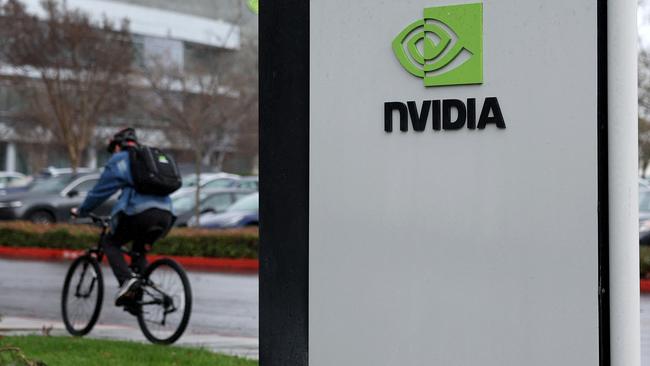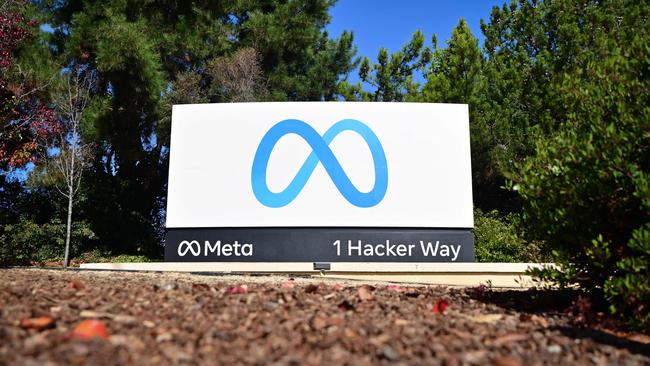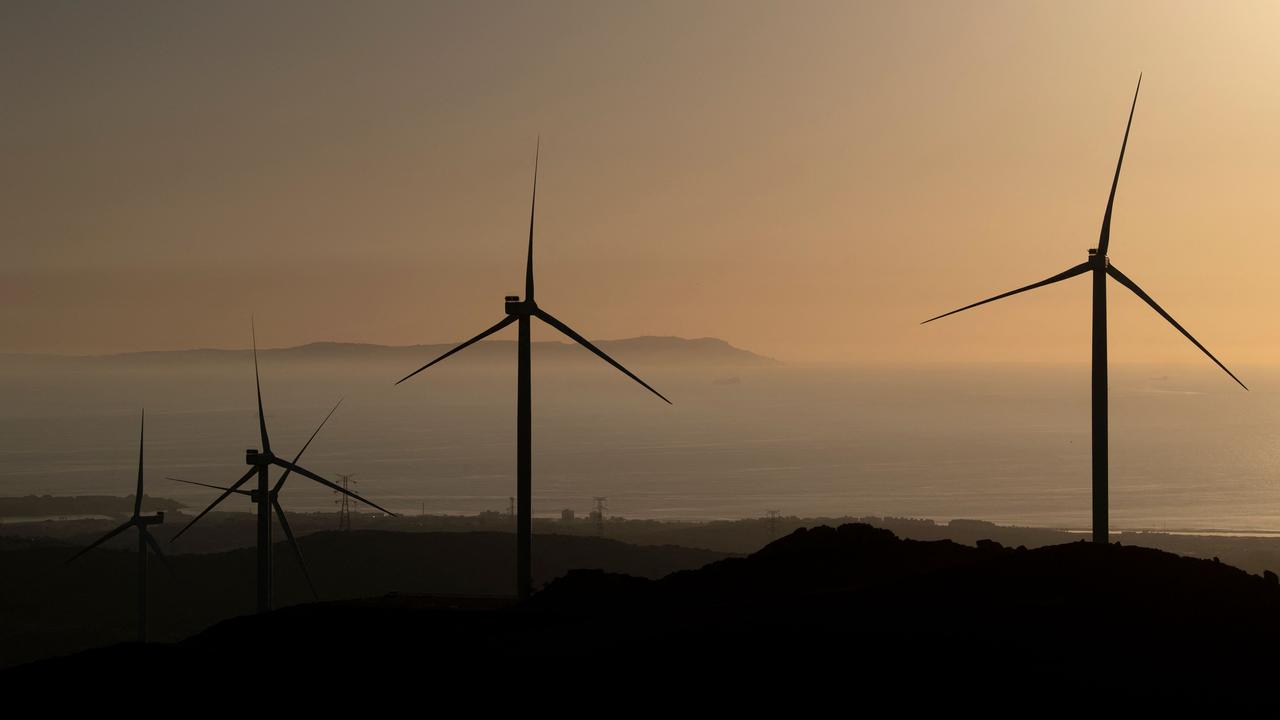Look beyond the ‘Magnificent Seven’ tech giants, says Orbis
Seven mega-cap tech stocks now account for a fifth of the global stock market but is there better value outside the US?

Business
Don't miss out on the headlines from Business. Followed categories will be added to My News.
Seven mega-cap tech stocks now account for a fifth of the global stockmarket, increasing the exposure of passive funds to these stocks that have appreciated massively over the past year.
While the “Magnificent Seven” have generated most of a 15 per cent rise in the MSCI World index of developed markets in the past year, Orbis Investment Management warns that passive investors may be overlooking the valuation risk of the tech giants and underappreciating the concentration risk that those stocks are causing in their portfolios.
The S&P 500 fell 1.4 per cent on Tuesday as higher than expected US inflation data further compressed expectations for Fed rate cuts this year to 90 basis points versus 168 basis points a month ago.
The inflation reading appeared to be more of a reality check on market expectations of aggressive US interest rate cuts than a day of reckoning for the tech giants that have for the most part continued to project strong growth in the current US earnings season.

Strong results from NVIDIA next week could drive further gains in the US market.
However with the Magnificent Seven now accounting for about a fifth of the market capitalisation of the MSCI World index – equivalent to the combined value of the sharemarkets of Japan, the UK, France, Canada and Switzerland – Orbis sees better value outside the US.
“If you are an investor in the World Index today, close to 20 per cent of your portfolio is invested in the Magnificent Seven,” said Orbis investment specialist Shane Woldendorp.
“This is roughly the same weight as the five largest whole stockmarkets outside of the US – Japan, the UK, France, Canada and Switzerland – combined.”
Founded 33 years ago by Allan Gray, Bermuda-based Orbis is a purely active and “contrarian” investment management firm with about $50bn of assets under management.
Active in Australian markets since 2004, Orbis has 10 offices across the globe and around 60 investment professionals.
Mr Woldendorp says many investors who are invested passively in a World Index may think that they are broadly diversified, yet they are heavily exposed to the US mega-cap tech stocks.
Bloomberg’s Magnificent Seven index has risen about 60 per cent in the past year. NVIDIA’s share price has more than trebled in the same period.
In the past year, the market capitalisation share of the Magnificent Seven in the MSCI World index has risen from about 13 per cent to 20 per cent, an increase of more than 50 per cent.
But while the Magnificent Seven shares represent approximately 10 per cent of world equity market profits, the five markets outside of the US account for almost 30 per cent of profits.

“Put simply, you can either buy the Magnificent Seven shares or all the companies in five whole markets, for roughly the same market valuation,” Mr Woldendorp said.
“However, with the ‘Foreign Five’’ you get almost three times more in earnings and are also diversified across a wide variety of sectors.”
The growing share of funds invested passively in indexes regardless of valuations in global stockmarkets has led to a heavy concentration in “recent winners” in the tech sector.
That has been rewarding for investors as momentum has persisted in the past year.
‘Market expectations can exceed reality, so even if things do turn out well, they may not turn out well enough’
But overconcentration can be painful when trends shift, as was the case in 2022. Proponents of the Magnificent Seven will argue their strong earnings growth means they would end up generating a much greater part of the global profit share.
But while massive growth from the Magnificent Seven is expected, Orbis research shows since 1990, just 7 per cent of FTSE World Index companies have sustained 30 per cent revenue growth for more than five years. The feat is even rarer for large companies, with just 45 businesses ever delivering that kind of growth after cracking the top 200 of the Index.
“I think many of those Magnificent Seven companies are great businesses, with high margins, high return on capital and high growth, but expectations matter,” Mr Woldendorp said.
“But market expectations can exceed reality, so even if things do turn out well, they may not turn out well enough, which puts share prices at risk. As contrarians we see areas of the market where the expectations fall short of what we think the business is worth.”

It comes as investors bet on lower inflation and interest rates at a time when structural pressures like deglobalisation, decarbonisation and geopolitical tensions may underpin rates.
Mr Woldendorp says investors should look to value stocks to diversify their portfolios.
“Despite outperforming over the long term, value has underperformed growth since the GFC,” he said. “That underperformance has disappointed many investors and so now there are plenty of value stocks trading at attractive prices.”
Exposure to value stocks in Orbis’s flagship Global Equity Fund is now close to a record high. They include high-quality cyclicals, banks in Japan, South Korea and Europe, and energy and materials. The fund returned 21.1 per cent net of fees in Australian dollars 2023, slightly underperforming a 21.7 per cent rise in the MSCI ACWI Special Tax Index.
In its latest survey of global fund managers, BofA said investor positioning is “increasingly a headwind” for risk assets including stocks.
Fund managers cut their average cash level to 4.2 per cent as global growth expectations hit a two-year high and investors stopped predicting a global recession for the first time since April 2022.
Their allocation to US stocks hit its highest point since November 2022. Their tech sector allocation hit its highest point since August 2020.
The “long Magnificent Seven ” trade was “extremely crowded.”
“February fund manager survey sentiment improved further to the most bullish level in more than two years,” says BofA strategist Michael Hartnett.
More Coverage
Originally published as Look beyond the ‘Magnificent Seven’ tech giants, says Orbis





